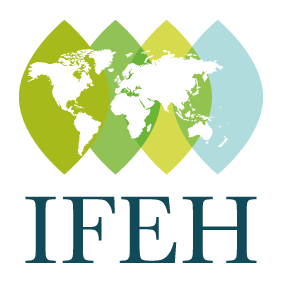PUBLIC AND ENVIRONMENTAL HEALTH PROFESSIONALS – THEIR ROLE AND INFLUENCE IN CURRENT PANDEMIC
Keywords:
public and environmental health professionals, KPI method, influence, pandemicAbstract
Background: Interdisciplinary public and environmental health solutions are crucial for an effective pandemic response and recovery. The primary goal is to protect and awareness the public from the hazard and disease outbreaks. Public and environmental health professionals have special missions in the field because they are well connected, cooperative, well known, and highly trained for the constructive communication in multidisciplinary teams. They are often invited to be a part of the best research teams and projects, and they can often write their own terms and opinions.
Aim: Review of activities in the field of pandemic prevention or management at various professional fields and implementation the special method in the professional culture of the public and environmental health professionals as an upgrade of the current state.
Methods: After the first wave of pandemic in Slovenia, we send out an invitation to our colleagues to participate in an unstructured interview and share their professional experience during the pandemic of COVID-19. A total of 24 professionals from different sectors of their employment responded.
Results: Through their responses four major areas of their engagement were identified. First group was collaborating in interdisciplinary groups which planed and recommend general and specific hygienic and technical measures for epidemic management on a national level. Second group implemented these measures in individual facilities and working processes. Third group executed various tests and measurements for their clients. Fourth group inspected compliance with measures or recommendations as a part of official control at different levels.
Conclusion(s): According to the collected responses, effectiveness of Slovenian professionals is reflected in the extraordinary ability to cooperate with others professions. For the future development of public and environmental health professionals five additional key skills are proposed by KPI method (key performance indicator): pitching (ability to communicate your value), publishing (ability to gain credibility through authoring content), professional services (ability to scale your value through a professional services), profiling (ability to become known, and trusted), partnership (ability to structure and maintain strategic relationships), and progression (ability to advancement in the professional field).
Presenter e-mail: sara@institut-isi.si


